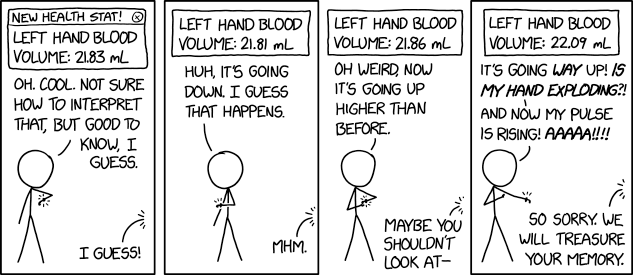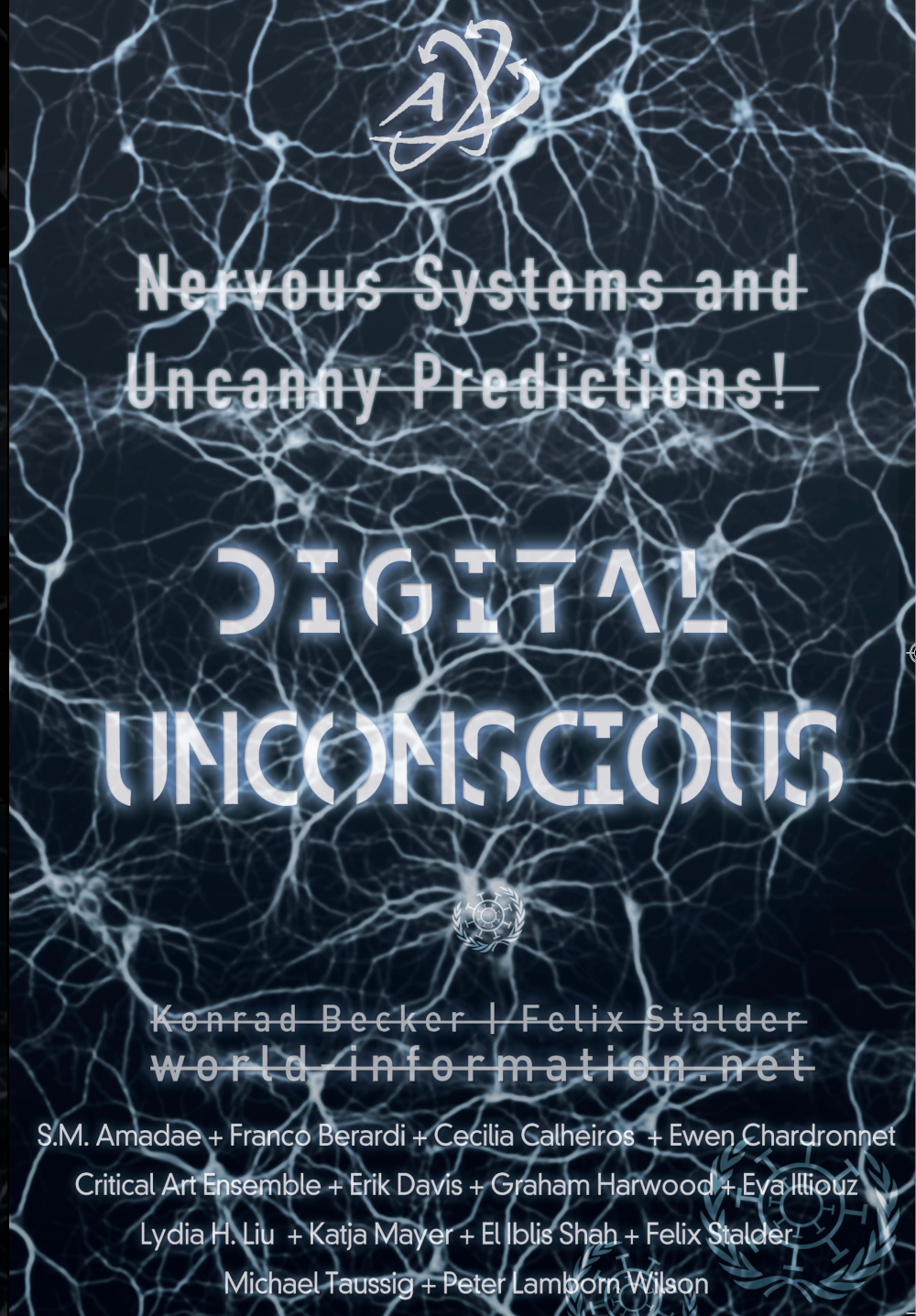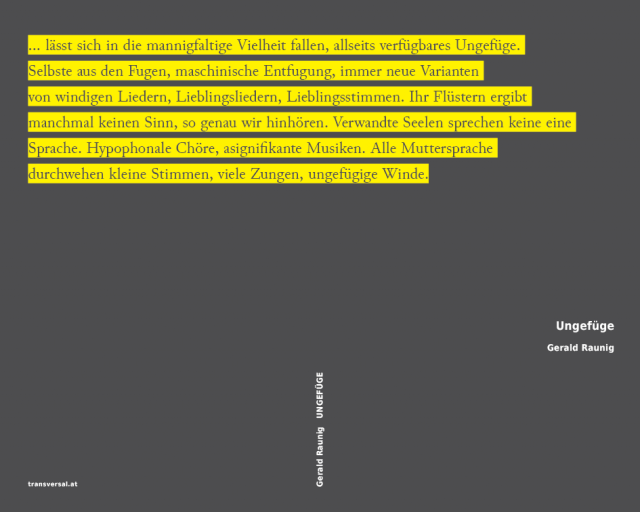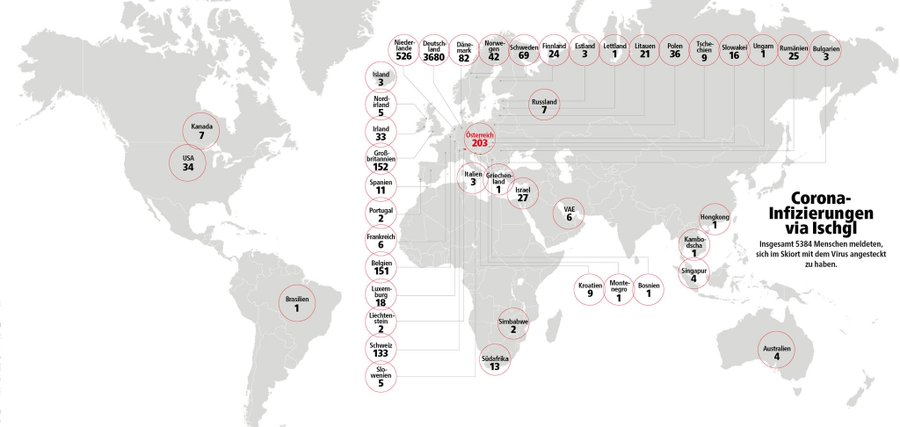24 March, 2022 - 10:09 by felix
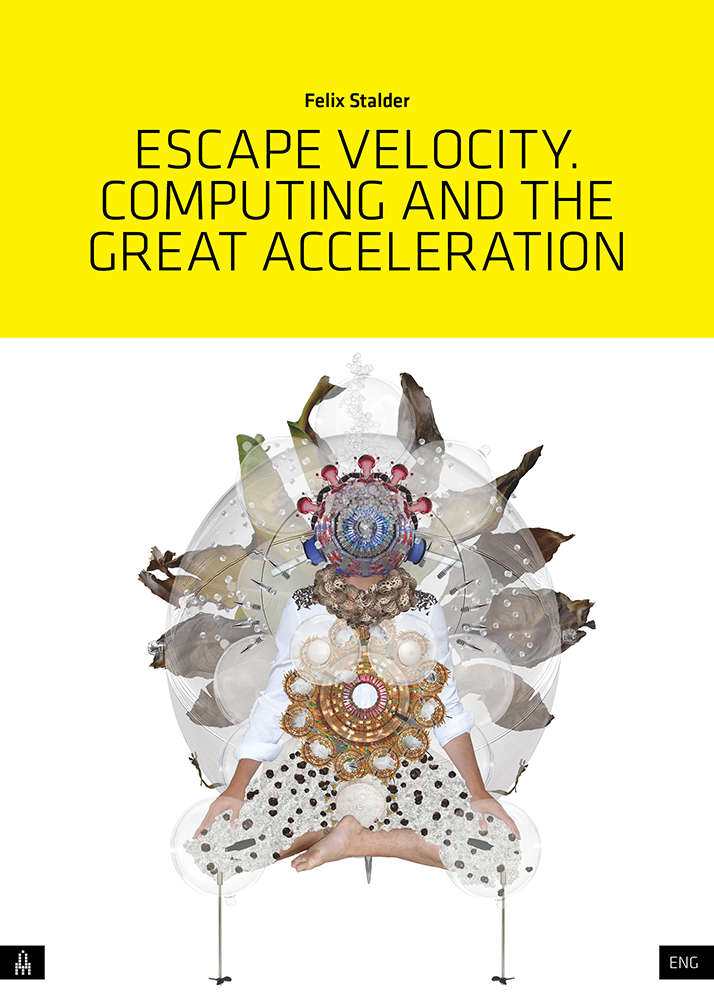 After 70 years of acceleration, human civilisation has now reached escape velocity, enough energy to move the Earth system out of the steady-state of the Holocene, the relatively stable climate pattern in which human civilisation unfolded over the last 10,000 years, and into the uncharted, and as for now unchartable, territory that is the Anthropocene.
After 70 years of acceleration, human civilisation has now reached escape velocity, enough energy to move the Earth system out of the steady-state of the Holocene, the relatively stable climate pattern in which human civilisation unfolded over the last 10,000 years, and into the uncharted, and as for now unchartable, territory that is the Anthropocene.
The notion of the “great acceleration” captures the fact that key socio-economic and Earth system indicators all share a common feature: they show a kink, a sharp upward movement from approximately 1950 onwards. These indicators point towards an unprecedented intensification and acceleration of human activity and self-destructive use of resources necessary to sustain this development under capitalism.
Which begs the question: what happened in the early 1950s to enable this process? There is certainly no single answer to this question, my intention is to focus on one cause that has been relatively overlooked in this debate: computing.

